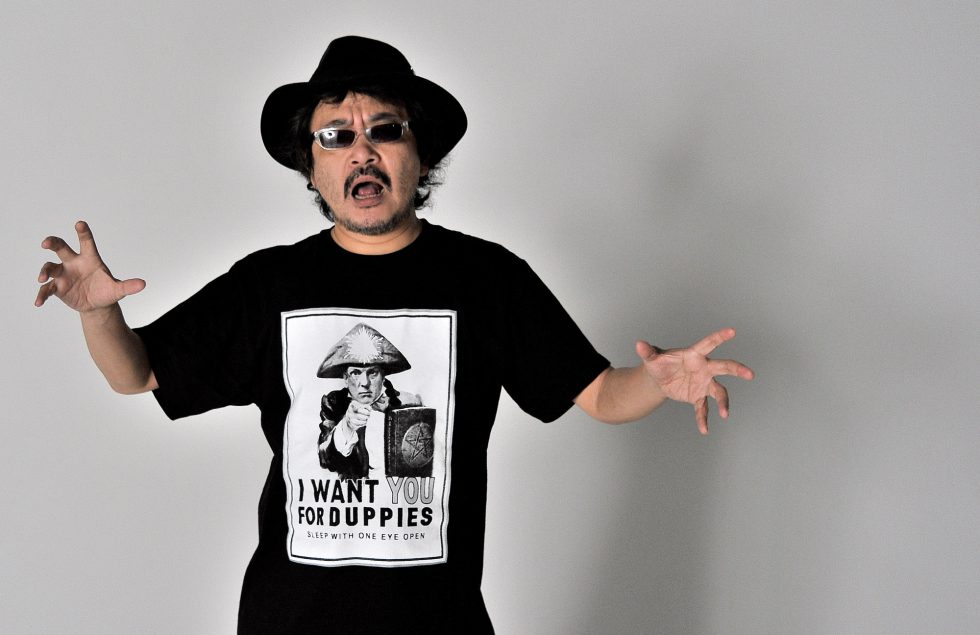
В трейлере его нового фильма "Узники страны призраков", отсутствует характерная надпись "Фильм Сионо Соно", и нет даже обычной приставки "режиссёр", призванной представить известного кинодела американской публике. Но зато красуется привлекающая внимание фраза "создано извращённым умом Сионо Соно". Если отбросить в сторону маркетинг и дерзкую гиперболу, то можно сказать, что на сегодняшний день нет никого в киноиндустрии, кто обладал бы таким уникальным видением, как пятидесятидевятилетний японский автор.
Впервые привлекший внимание на международной арене фильм 2001 года "Клуб самоубийц", который был выпущен как раз в то время, когда жанр "J-Horror" набирал популярность во всём мире, будучи мрачным и дико кровавым, был оценён массами за его трансгрессивный подход. Это трансгрессивное качество стало предвестником того, что Соно привнесёт во все свои последующие работы. Его фильмы активно работают над тем, чтобы бросить вызов классификации - трогательные размышления о любви и религии (где также фигурируют кунг-фу извращенцы, культы похитителей, и всё это занимает по длительности целых четыре часа) - "Откровение любви", безумный псевдодокументальный фильм на стыке боевика с комедией - "Почему ты не играешь в аду?", медитативная чёрно-белая научно-фантастическая сказка "Шепчущая звезда", его экранизация популярной манги (в виде хип-хоп мюзикла) - "Клан Токио", жестокий, но мрачно-юмористический, "основанный на реальных событиях" триллер "Холодная рыба", или его фантастический детский фильм, в котором рождественская сказка переплетается с жанром "кайдзю" - "Любовь и мир". Вот лишь очень краткий список некоторых фильмов Соно, но его намерения ясны: что бы он ни делал в своей плодотворной карьере, это будет не совсем то, чего ожидает аудитория.

Эта идея была воплощена и в его американском дебюте "Узники страны призраков", где Николас Кейдж ("Покидая Лас-Вегас") изображён безымянным антигероем в постапокалиптическом мире, которому поручено найти и спасти Софию Бутеллу ("KINGSMAN: Секретная служба"), играющую пропавшую дочь местного военачальника в исполнении Билла Моусли ("Изгнанные дьяволом"). По описанию похоже на стандартный боевик, однако все нижеперечисленные детали делают впечатление куда более странным, чем кажется на первый взгляд. Чёрные кожаные костюмы, покрытые бомбами, ковбои вперемешку с самураями, радиоактивными упырями, падальщиками, любящими неоновое техно, и культистами, исполняющими музыкальные номера, - всё это ждёт любого зрителя, готового рискнуть погрузиться в то, что сам Кейдж назвал "самым диким фильмом, в котором он когда-либо снимался."
Недавно я имел честь побеседовать с глазу на глаз с Сионом Соно в рамках промо-акции к фильму "Узники страны призраков". Мы поговорили о его источниках вдохновения, о том, как его деятельность художника отражается в его киноработах, о его дружбе с Николасом Кейджем и о многом другом!
Ваши фильмы сочетают в себе так много различных элементов и вызывают широкий спектр эмоциональных реакций. Как Вы достигаете этого желаемого результата в творческом плане?
Сион Соно: Используя "Узники страны призраков" в качестве примера, я пытался запечатлеть крайности двух культур - американской с одной стороны и японской и восточной культуры с другой, в попытке создать эдакий винегрет. Для меня это, своего рода, эксперимент. Я не совсем понимал, во что это в итоге выльется. Но мне хотелось воплотить эту идею в жизнь, все эти идеи о смешении крайностей "Запада/Востока".
Помнится, много лет назад Вы заявляли, что у Вас нет никакого желания снимать фильмы, которые популярны на Вашей родине в Японии. По мере того, как Вы добивались всё большего успеха и всемирного признания, удалось ли Вам не растерять то бунтарское чувство, которое было у Вас в молодости?
Соно: Я вырос, смотря много американских и европейских фильмов. Поэтому, когда бы я ни снимал фильмы в прошлом, я никогда по-настоящему не пытался делать их для Японии или для японской аудитории в принципе. Мне всегда хотелось снимать в "американском стиле", или в духе тех фильмов, которые на меня повлияли. И сейчас у меня тот же подход, если в этом есть смысл.
У Ваших фильмов такой сильный визуальный стиль. Я знаю, Вы художник. Как Вы обычно ищите нужный тон для своих фильмов? Как Ваше искусство помогает в этом, например, в таком проекте, как "Узники страны призраков"?
Соно: Я сам сделал все раскадровки. Все визуальные наброски. Эти эскизы фактически стали дизайном постановки, костюмами и настоящими произведениями искусства в фильме. Всё это пришло из моих картин.
Что оказало основное влияние на визуальную составляющую Вашего фильма?
Соно: Абсолютно ничего не приходит на ум. В этот раз я пытался создать то, чего люди никогда не видели. Может быть, я подсознательно думал обо всех тех американских фильмах, которые смотрел в молодости. Даже тогда я всё-равно хотел сделать что-то сверх этого. Что-то такое, чего люди ещё не видели прежде.
(Пауза)…. Я не знаю, может, "Побег из Нью-Йорка" Джона Карпентера? Вполне может быть, и я также говорил об этом Нику (Кейджу), но режиссёр, которого я больше всего уважаю в настоящий момент, это Пол Верховен.
Обожаю Верховена, потрясающий режиссёр.
Соно: Да-да. Да.
В продолжении темы… я читал, что много лет назад, когда Вы были студентом-кинематографистом, учившимся за границей в Америке, Вы редко посещали занятия, а вместо этого предпочитали оставаться дома и смотреть фильмы категории "B". Какие уроки Вы извлекли из этих фильмов?
Соно: Это правда. Я жил тогда в Сан-Франциско, и у меня появился отличный друг в лице одного парня, который владел видеомагазином. Их было так много. Фильмов… даже не категории "B", а категории "Z"! Z-movies, в которых не было ни капли смысла. Я пересмотрел их все, человек-рыба против стюардессы… чирлидерши против зомби и всё такое прочее. Эти фильмы, какими бы плохими они ни были, каким-то образом вызывали во мне бурю эмоций и делали счастливым. И они до сих пор меня будоражат. Наверное, именно оттуда исходит большая часть моей творческой энергии.
Если бы Вы могли объединить чей-то фильм, который Вам нравится, с "Узниками страны призраков" для двойного полнометражного фильма, какой фильм Вы бы выбрали?
Соно: (Долгая пауза) "Бэйб".
(Все смеются)

Потрясающий выбор. Думали о том, чтобы вновь поработать с актёром/каскадёром Таком Сакагути?
Соно: За последнее десятилетие я много работал с Таком Сакагути. Я действительно доверяю его работе и той химии, что образовалась между нами. Поэтому, когда мы решили снять фильм в Японии и определились с его концепцией "самурайского боевика", я уже знал, что постановщиком экшна станет Сакагути. Я также хотел, чтобы Так был задействован в фильме и как актёр. Мне хотелось представить его международной аудитории, особенно в Штатах. Так - величайшая экшн-звезда, и я хотел, чтобы мир обратил на него внимание.
И, конечно, не могу не спросить, что Вы думаете о работе с Николасом Кейджем.
Соно: До того, как я встретился с Николасом Кейджем, я представлял его эдакой большой голливудской звездой, понимаете? Но когда я увиделся с ним лично, Ник оказался очень скромным. Очень умным, деликатным. Очень спокойным. Он сказал, что посмотрел много моих фильмов, и что они ему очень понравились. Поэтому я, конечно же, сразу подумал, что он великолепен, и захотел с ним поработать. Когда мы обсуждали сценарий "Узников страны призраков", я сказал ему, что много размышлял о спагетти-вестернах и образах Серджио Леоне. На что Ник ответил, что, когда он читал сценарий, то главный персонаж "Герой" напомнил ему персонажа Чарльза Бронсона "Гармонику" из фильма "Однажды на Диком Западе". Так что, между нами сразу возникло взаимопонимание и мы очень хорошо поладили.

Ну и в заключении такой вопрос: каким, как Вы думаете, будет ваше наследие, как режиссёра?
Соно: Я люблю фильмы и режиссёров "Золотой эпохи" Голливуда. Они сняли много фильмов за короткий промежуток времени. У них было много фильмов, так ведь? Мне нравится эта идея, и я думаю, что мой стиль скорее такой, чем, допустим, один фильм каждые пять лет. Потому что, иногда эти кинематографисты прошлого снимали много фильмов не имея чёткого, конкретного видения в самом начале. Но так или иначе, некоторые из тех фильмов, что они снимали, стали настоящей классикой Голливуда. Поэтому, я просто хочу продолжать снимать много фильмов так часто, как только могу, вместо того, чтобы пытаться сосредоточиться на одном фильме каждые пять или десять лет.
То есть, всё-таки "количество превыше качества".
Соно: (Смеётся) Да. Думаю, так.
Официальный источник: filmcombatsyndicate.com
Дата публикации: 13.09.2021
Перевод: Black Dragon
Метки: Prisoners of the Ghostland, Николас Кейдж, Сион Соно, Так Сакагути



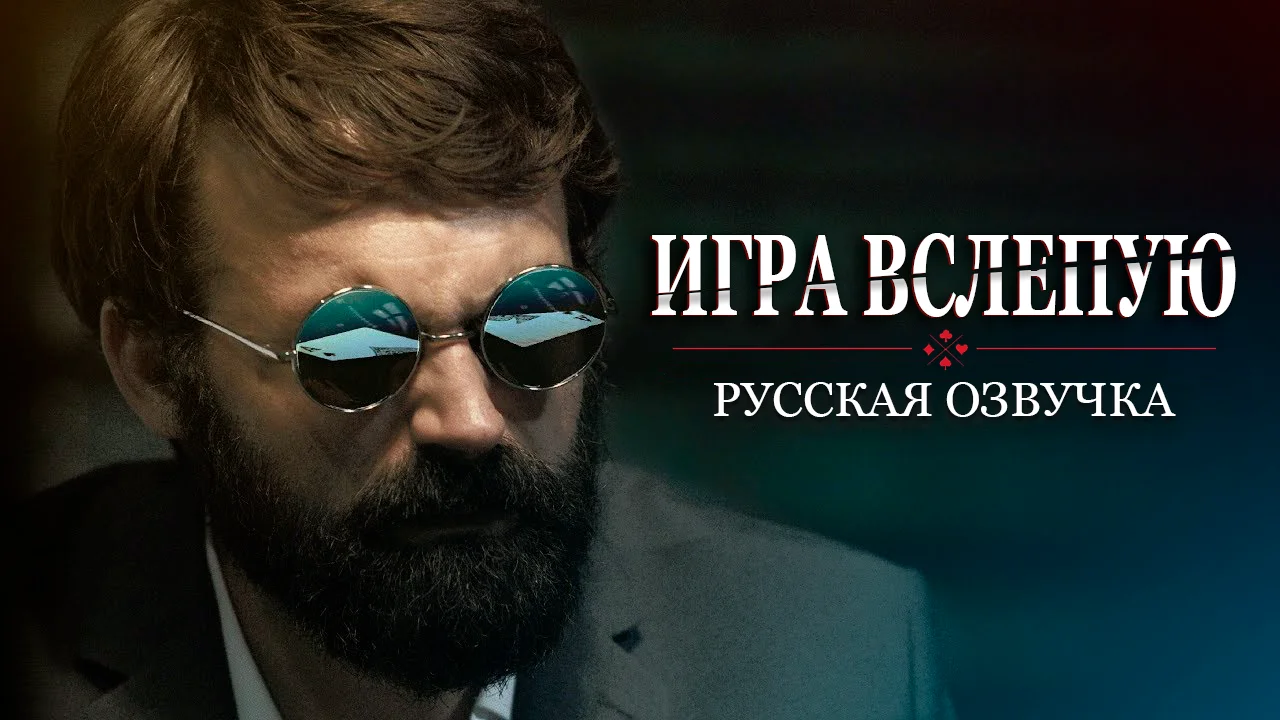
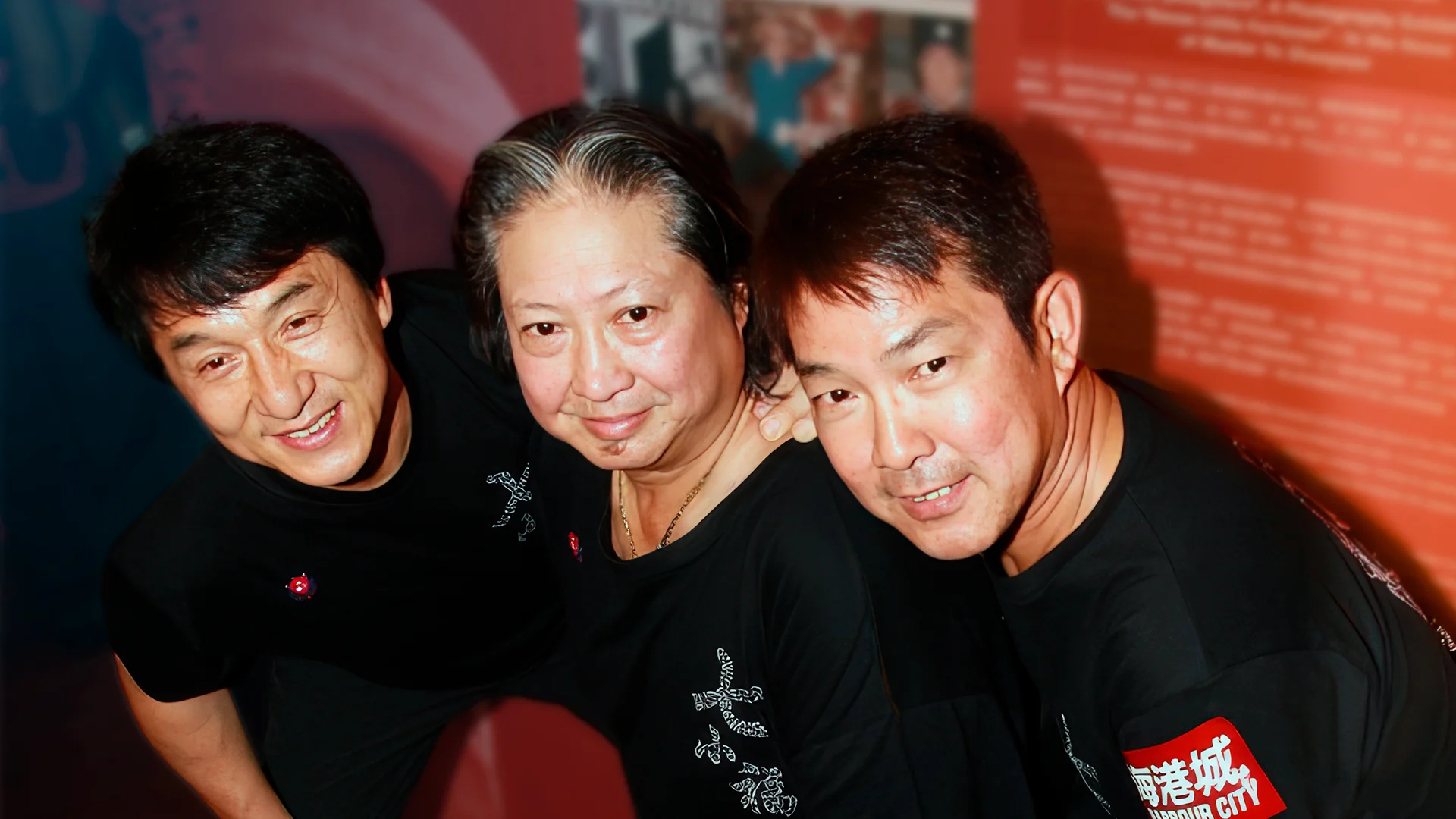
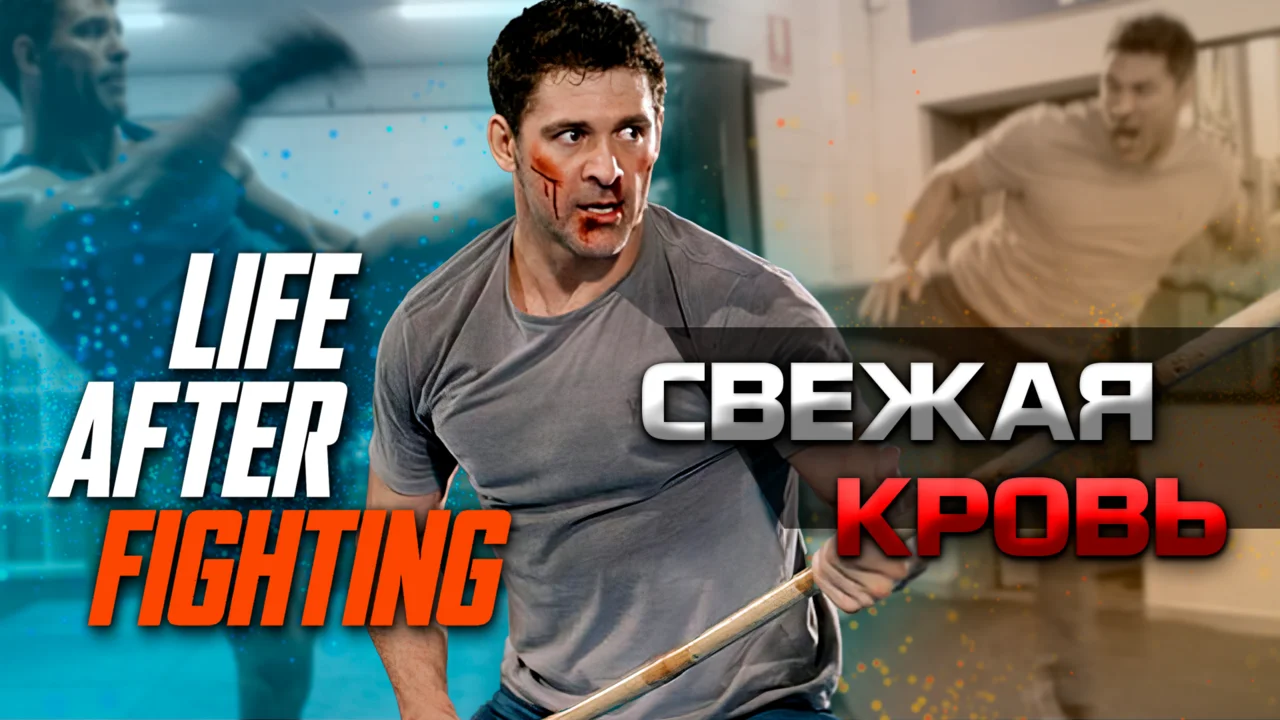
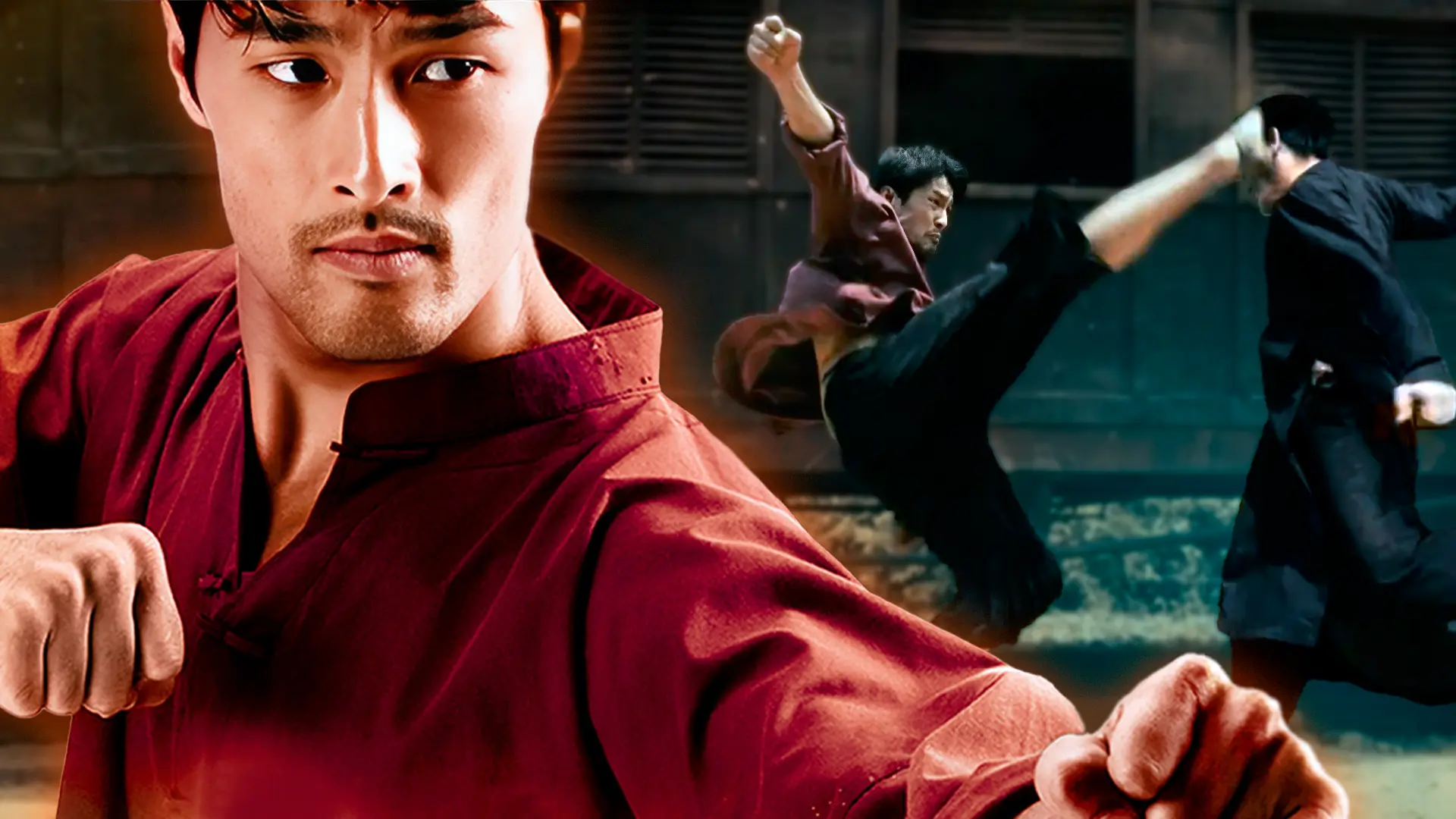
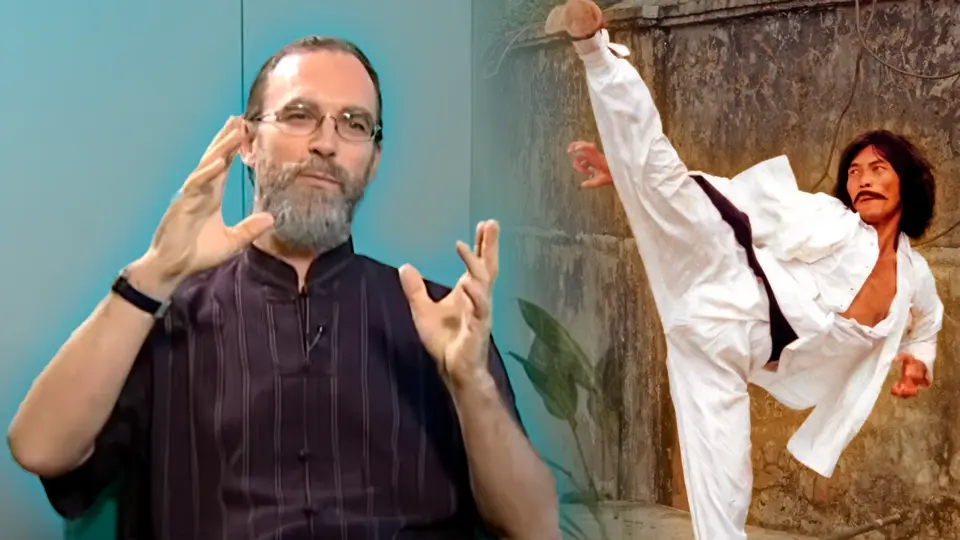

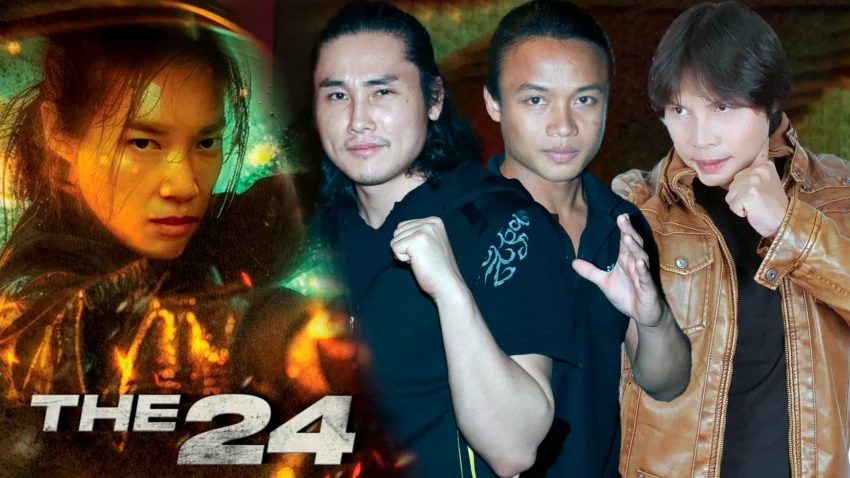
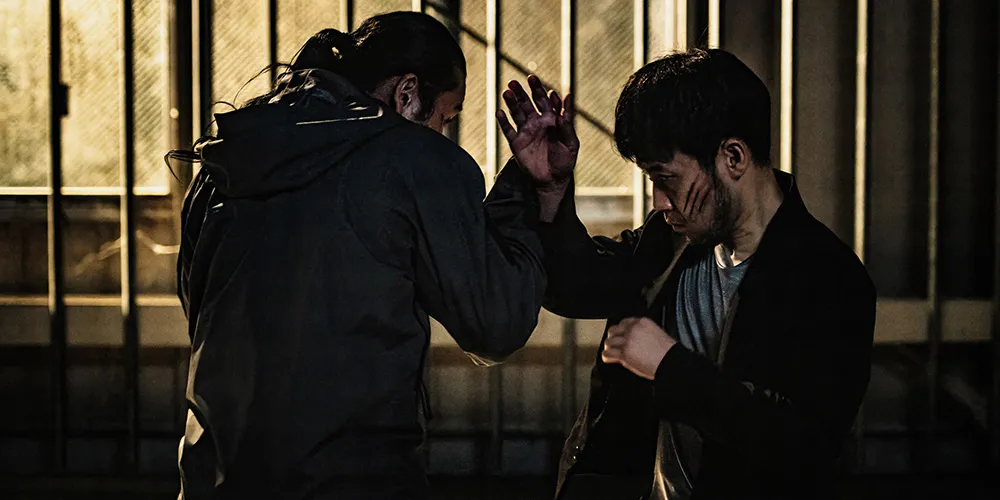
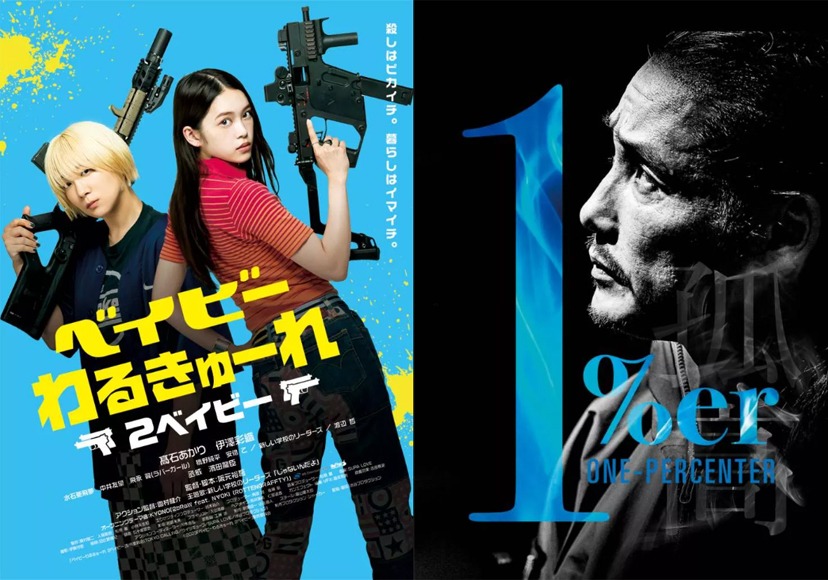
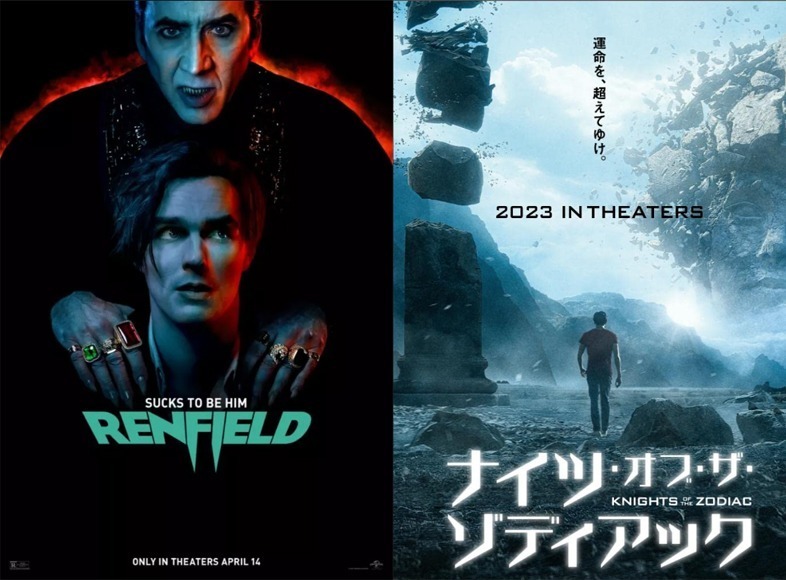
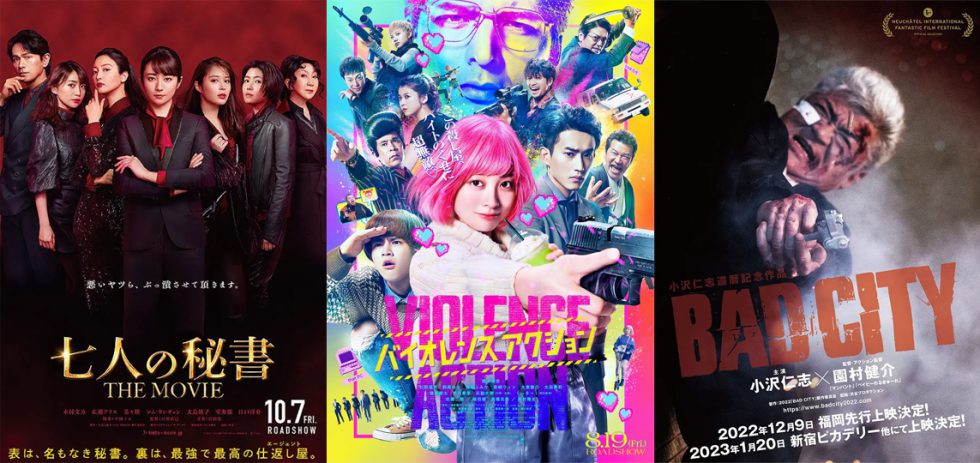
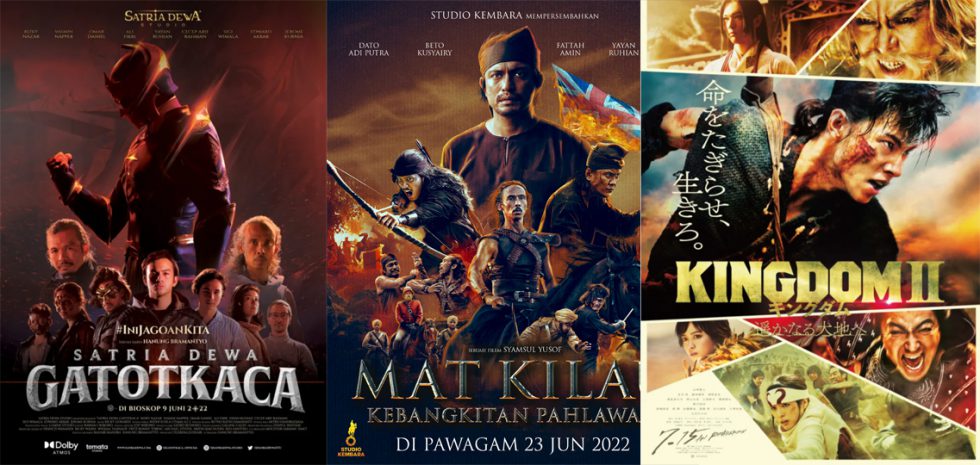
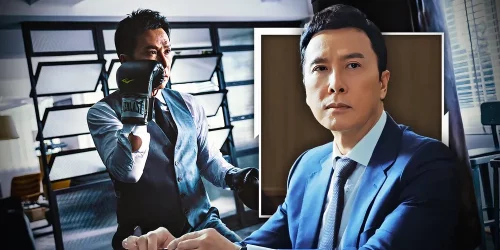
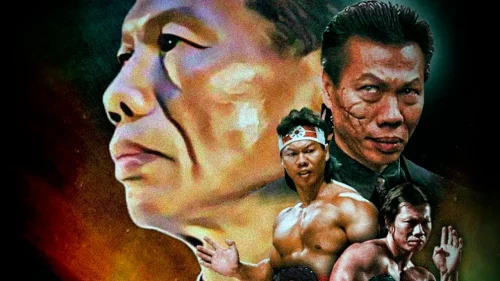
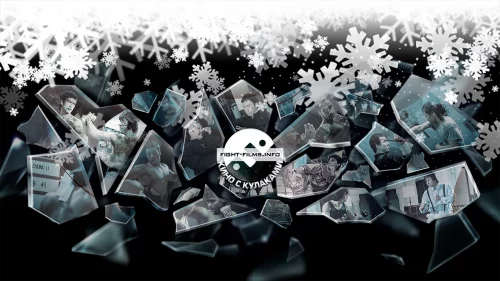
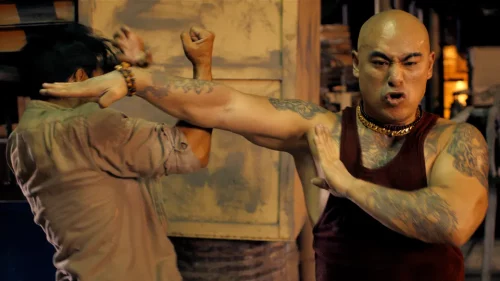
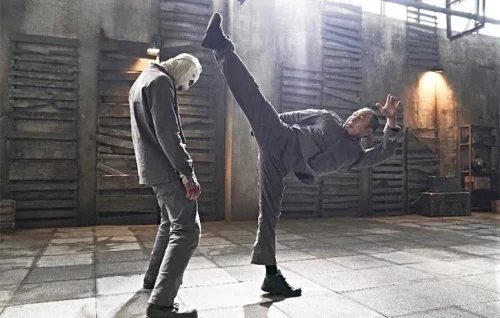
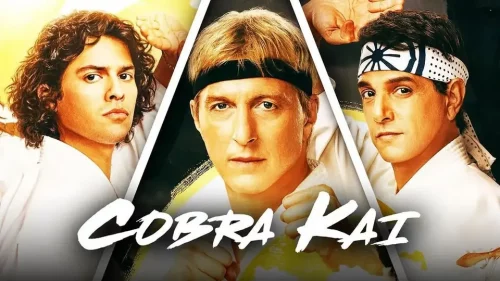
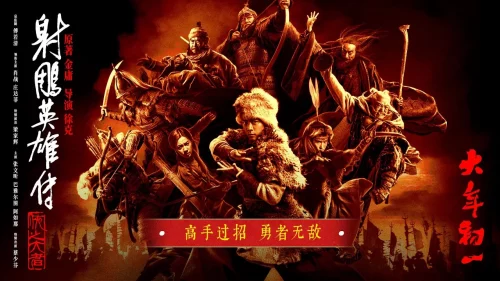
Спасибо вам ваши труды. Энтузиазм бесценен. Об экшне мало ресурсов. И ваша популяризация необходима…
С новым годом Вас всех, причастных к этому каналу, что я читаю уже больше…
Сложно сказать где бы Марко Сарор плохо смотрелся.)
В роли Крэйвена хорошо бы смотрелся Марко Сарор. Высокого роста, атлетичный, хорошо двигается. 100%…